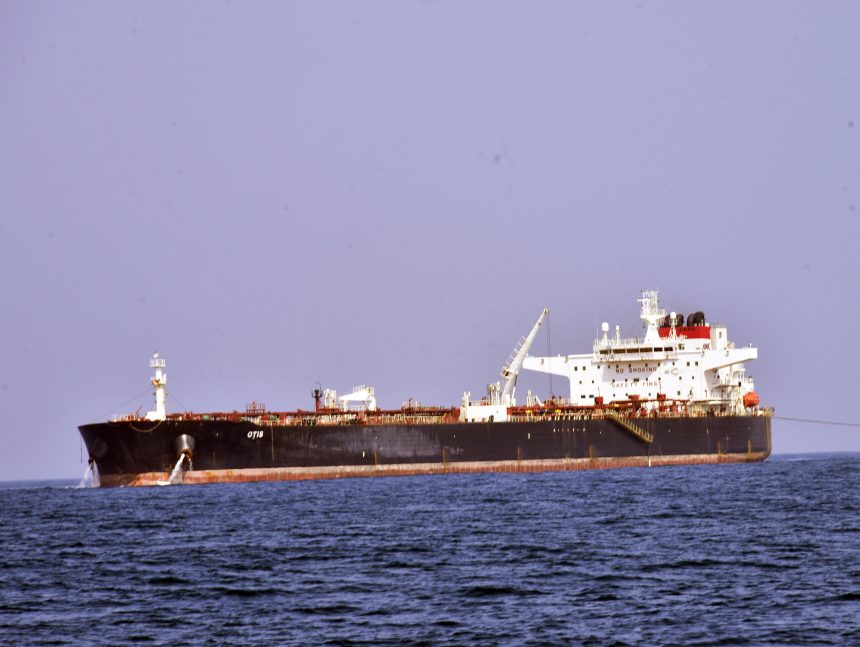Dangote Refinery Set to Begin Production with Final Shipment of Crude
By Patience Ikpeme
The Dangote Refinery is gearing up to commence production of refined petroleum products following the receipt of the last batch of crude from the Nigeria National Petroleum Corporation Limited (NNPCL). This final shipment of one million Agbami barrels of crude, delivered via MT ALMI SUN, completes the initial consignment of 6 million barrels required for the world’s largest single-train refinery to start operations.
Just a month ago, Dangote Refinery received its first one million barrels of Agbami crude grade from Shell International Trading and Shipping Company Limited (STASCO), a major player in the Nigerian and global oil trading market. Since then, the refinery has been receiving crude oil in batches. Today, the 6th and final batch of one million barrels of Agbami crude was discharged at the Single Point Mooring (SPM-C2) of the Dangote Offshore Oil Terminal (DOOT).
The Managing Director of Dangote Ports Operations, Mr. Akin Omole, had previously stated that once the 6 million barrels of crude had been delivered, the refinery would be ready to begin operations. “Once the 6 million barrels are fully delivered, it will facilitate the initial run of the refinery as well as kick-start the production of diesel, aviation fuel, and Liquefied Petroleum Gas (LPG) before subsequently progressing to the production of Premium Motor Spirit (PMS),” said Omole.
This significant milestone will greatly contribute to resolving fuel supply challenges faced not only by Nigeria but also by other West African countries. The Dangote Petroleum Refinery, which has been designed to process 100% Nigerian crude, has the flexibility to handle other crude varieties as well. With a capacity of 650,000 barrels per day, the refinery can process most African crude grades, Middle Eastern Arab Light, US Light tight oil, and crude from other countries.
Moreover, the Dangote Petroleum Refinery will not only meet 100% of Nigeria’s refined product requirements, including gasoline, diesel, kerosene, and aviation jet fuel, but it will also have a surplus of each of these products available for export.




